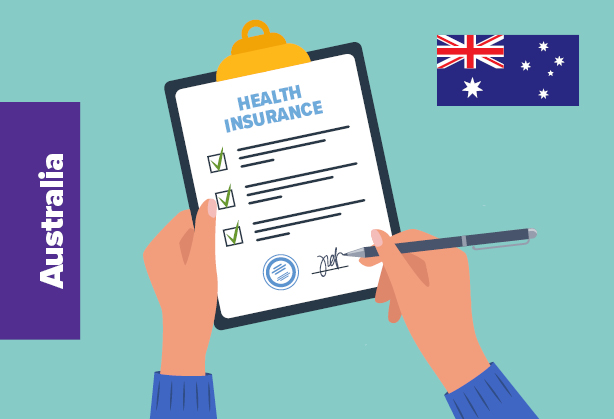
ATO Crack Down on Medicare Levy Exemptions
A growing number of taxpayers are being caught out for incorrectly claiming an exemption, leaving them with unexpected tax bills and interest charges.
The Medicare Levy Surcharge applies to higher-income earners who do not hold the appropriate level of private hospital cover. Currently, individuals earning more than $101,000 and families earning above $202,000 are required to maintain qualifying hospital insurance to avoid the charge.
Accountants have reported a spike in cases where the ATO has amended previous tax returns following detailed data matching. The office has been cross-checking tax records with private health insurance information. Exemptions claimed for the surcharge have been denied Where dependants have not been included in a policy resulting in penalties.
A common issue arises when families grow but policies are not update. For example, some parents have discovered that failing to add a newborn to their hospital cover has left them liable for the surcharge. In such cases, even though the parents themselves had adequate cover, their exemption was void because the family as a whole was not fully protected.
The ATO has significantly expanded its data-matching capabilities. While the current blitz is focused on private health insurance, experts warn that similar reviews are increasingly targeting other areas. With the flow of information becoming more comprehensive each year, it is expected that such compliance activities will only intensify.
Recent figures show the Medicare Levy Surcharge affected more than 768,000 Australians in the 2022-23 financial year. For many, the surcharge represents a sizeable additional tax bill, which can be avoided with the correct level of hospital cover.
The message for taxpayers is clear: ensure your private hospital policies extend to spouses and all dependants. Even a small oversight can result in an unexpected debt to the ATO.
As the tax office strengthens its data-matching programs, Australians are being urged to keep their health insurance and other financial records up to date. Proactive management can help avoid unpleasant surprises at tax time and ensure that exemptions are legitimately claimed.



